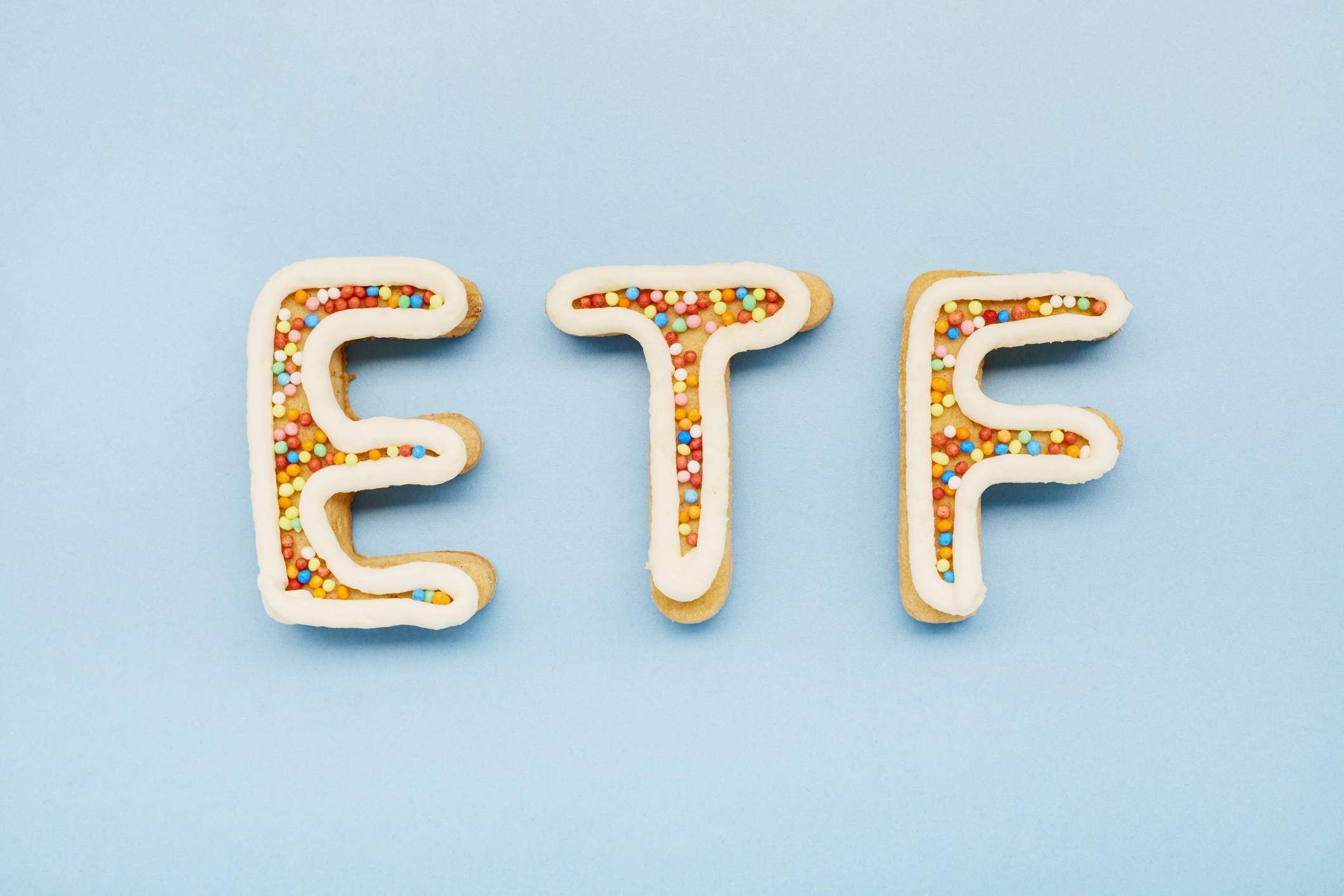Get the latest financial news, insights and expert analysis from our award-winning MoneyWeek team, to help you understand what really matters when it comes to your finances.
You are now subscribed
Your newsletter sign-up was successful
Want to add more newsletters?

Twice daily
MoneyWeek
Get the latest financial news, insights and expert analysis from our award-winning MoneyWeek team, to help you understand what really matters when it comes to your finances.

Four times a week
Look After My Bills
Sign up to our free money-saving newsletter, filled with the latest news and expert advice to help you find the best tips and deals for managing your bills. Start saving today!
Markets only work well if there is a decent number of buyers and sellers, so that deals can get done. Otherwise, they become 'illiquid'. Enter market makers. In the equity market these are specialist members of the London Stock Exchange typically banks and brokers who commit to trade shares and bonds, often in larger quantities than most other investors.
They are particularly useful in relatively illiquid markets for, say, smaller stocks, where dealing can be difficult. But be warned: each market maker sets its own buying and selling (bid and offer) prices and the gap (or spread) can be wide when few market makers compete to trade a security.
So the more market makers there are, the better, as it increases competition and keeps prices keener.
MoneyWeek
Subscribe to MoneyWeek today and get your first six magazine issues absolutely FREE

Sign up to Money Morning
Don't miss the latest investment and personal finances news, market analysis, plus money-saving tips with our free twice-daily newsletter
Don't miss the latest investment and personal finances news, market analysis, plus money-saving tips with our free twice-daily newsletter
See Tim Bennett's video tutorial: What are market makers?
Get the latest financial news, insights and expert analysis from our award-winning MoneyWeek team, to help you understand what really matters when it comes to your finances.
MoneyWeek is written by a team of experienced and award-winning journalists, plus expert columnists. As well as daily digital news and features, MoneyWeek also publishes a weekly magazine, covering investing and personal finance. From share tips, pensions, gold to practical investment tips - we provide a round-up to help you make money and keep it.
-
 Should you buy an active ETF?
Should you buy an active ETF?ETFs are often mischaracterised as passive products, but they can be a convenient way to add active management to your portfolio
-
 Power up your pension before 5 April – easy ways to save before the tax year end
Power up your pension before 5 April – easy ways to save before the tax year endWith the end of the tax year looming, pension savers currently have a window to review and maximise what’s going into their retirement funds – we look at how
-
Index provider
Glossary Stockmarket indices such as the FTSE 100 play a huge role in investment. But where do they come from and who maintains them?
-
AIM
Glossary The Alternative Investment Market (Aim) was first established in 1995 by the London Stock Exchange as a way for newer firms to gain access to public funds...
-
 What are exchange traded funds (ETFs)?
What are exchange traded funds (ETFs)?Glossary Exchange-traded funds (ETF) are increasingly popular with investors, but what are ETFs and how do they work?
-
FTSE 100
Glossary The FTSE 100 is Britain's 'blue-chip' stock index.But its makeup means it is more of a global index than a snapshot of UK plc.
-
Global depository receipt (GDR)
Glossary Global depositary receipts (or GDRs) offer a solution for investors wanting to buy shares listed in countries where there are government restrictions on who can own and trade them.
-
 Off Exchange (OFEX)
Off Exchange (OFEX)Glossary The Off Exchange (OFEX) was started as a way for shareholders to deal in the shares of small companies that do not meet the requirements of Aim and the LSE’s official list.

